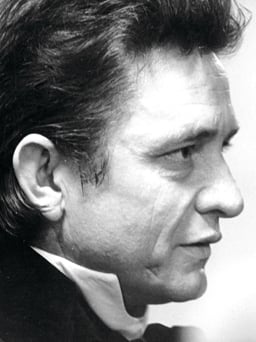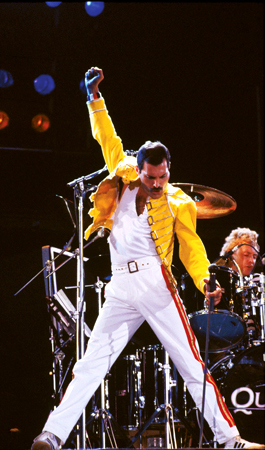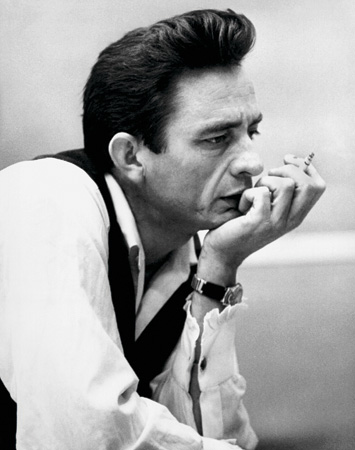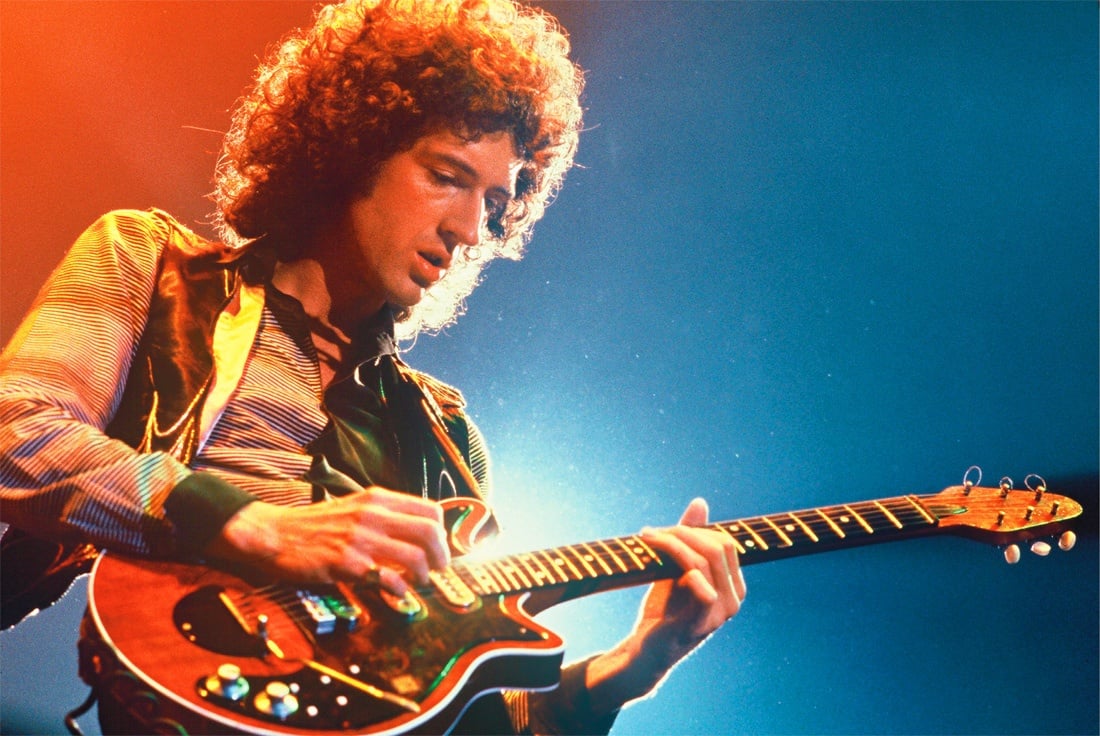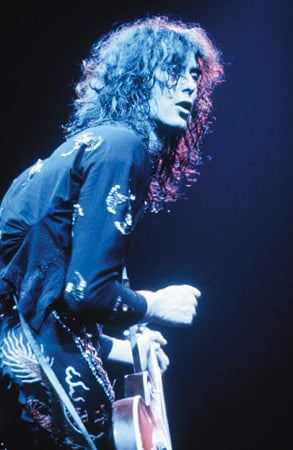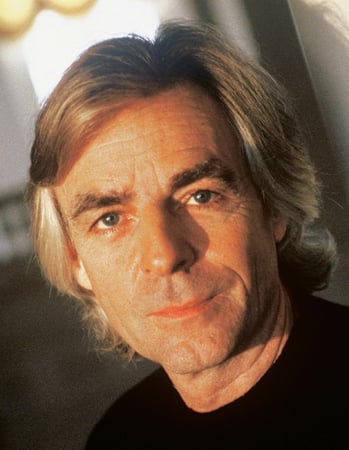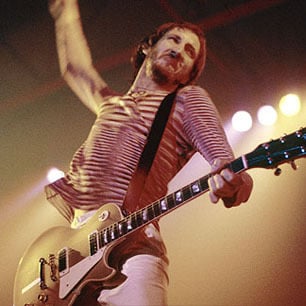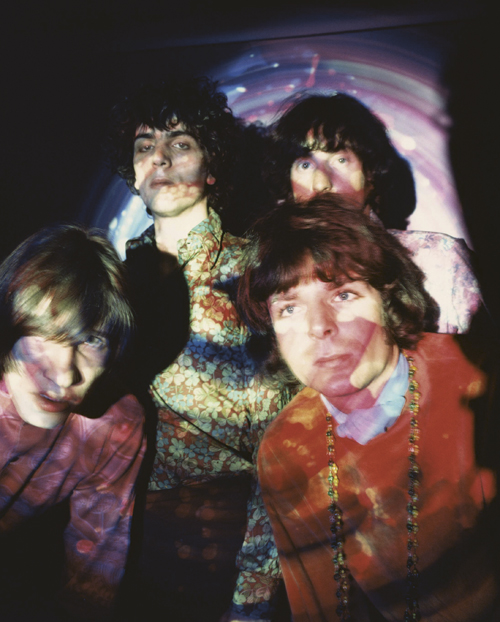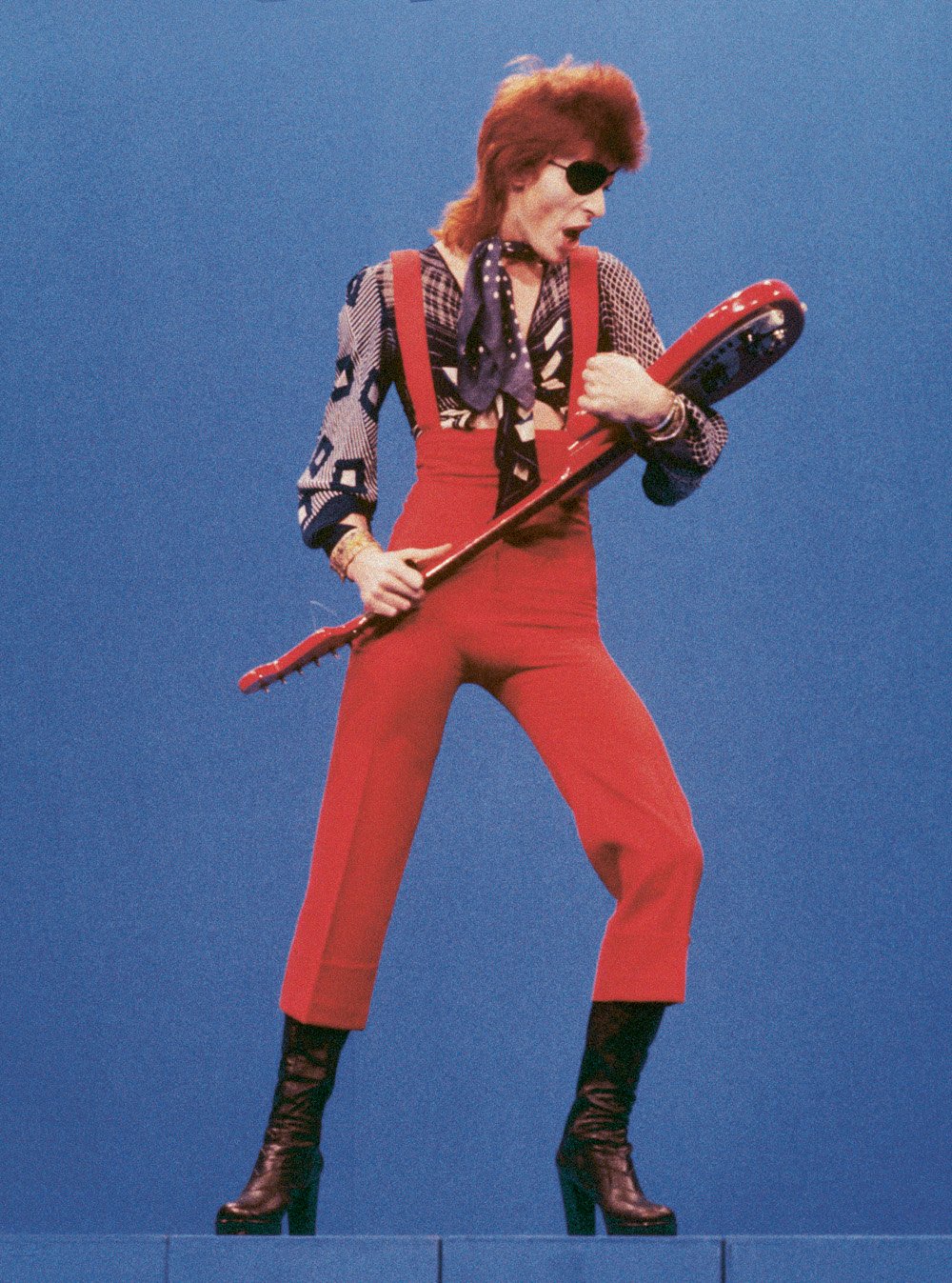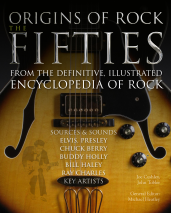Music & Entertainment Blog
Topics: Rock Icons, 70s music, Country Music, 60s music, 50s music, Johnny Cash
This July will mark 30 years from Queen’s legendary Live Aid performance, which stole the show and was one of their finest moments. We’ve already blogged about Queen’s talented guitarist Brian May, and in today’s blog we’ll be taking a look at the front-man of the ground-breaking group. A true entertainer with an incredible voice, Freddie Mercury has become a rock'n'roll icon. His theatrical and charismatic persona onstage is infamous, and his impressive vocal range is almost unmatched in the history of rock'n'roll. Queen came together in 1971, and the energetic band has its ups and downs but produced a great number of best-selling hits and transformed the face of 70s music. Freddie wrote many of the most well-known Queen songs – 'Killer Queen', 'Bohemian Rhapsody', 'Somebody to Love', 'Don’t Stop Me Now', 'Crazy Little Thing Called Love', 'We Are the Champions' – many of which are instantly recognisable and remain much-loved. Mercury had an affinity with musicality and rhythm that set him apart, with his expressive performances and daring, confident and inventive work – such as combining opera with rock music – making him as much an intriguing character as a great musician.
Topics: Rock Icons, 70s music, Queen
Both understated and complex, Johnny Cash survived a roller-coaster 50-year career and transcended his 1950s country-and-western roots to become a popular music icon continually appealing to new generations. He is remembered as a groundbreaking figure in a number of musical genres, from country through to gospel to rock’n’roll.
Topics: Rock Icons, 70s music, Country Music, 60s music, 50s music, Johnny Cash
Topics: Rock Icons, 70s music, 60s music, Queen
On October 27th, a remastering of Led Zeppelin IV and Houses of the Holy, two of the most popular, chart-topping rock 'n' roll albums ever created, will be released along with companion albums of never before released rough tracks and other related music. "The material on the companion discs presents a portal to the time of the recording of Led Zeppelin,” says Jimmy Page, lead guitarist and producer of this project. “It is a selection of work in progress with rough mixes, backing tracks, alternate versions, and new material recorded at the time.” Led Zeppelin has been a classic, hugely popular band since its inception, and with all of the latest technological advances, why wouldn't Jimmy Page want to improve on something that was already so great? The first three albums (Led Zeppelin I, II, and III) were released in June, and the rest of the albums will be released later, but it is not everyday that a feat like this happens. The fact that Jimmy Page himself is acting as the main force behind the project makes it all the more incredible.
Topics: Rock Icons, 70s music, Led Zeppelin
With Pink Floyd’s first studio album in 20 years set to drop in November, it’s good to look back at the band’s importance in rock and roll history. Richard Wright was a key player in creating most of the band’s releases, even writing and singing lead vocals for some of the tracks. His death in 2008 led everyone to believe that Pink Floyd’s 1994 album, The Division Bell, would be their last, but The Endless River will feature some of Wright’s recordings from as far back as 1969.
Topics: Rock Icons, 70s music, 60s music, Pink Floyd
Woohoo! The Who have released their first new track in eight years! 'Be Lucky' is a classic Who rocker, which references AC/DC and Daft Punk and oozes a positive, go-getting mentality wholly appropriate to its placement on upcoming two-cd compilation The Who Hits 50. Not many bands make it to 50 years – sticking together and continuing to flourish in the music industry, which is why their 50th anniversary tour this winter is so incredible! This is their last long tour – which is not to say that they'll stop performing all together; it's just that they've gotten older, as everyone does, so they can't handle the stress and enormous amount of effort that it takes to set out on a long tour. Roger Daltrey has been a part of this ground-breaking band since the very beginning - he is even credited with being the group's founding member!
Topics: Rock Icons, The Who, 70s music, 60s music
The Who are soon embarking on their 'last' tour – a celebration of their 50th anniversary – with 12 dates in the UK and Ireland this November and December, before hopefully touring the US in 2015. Singer Roger Daltrey commented that 'This is the beginning of the long goodbye', but there will be fans who doubt its finality – remembering perhaps when they attended a 'farewell' tour even as far back as 1982(!). However, The Who themselves do clarify that they do not intend to stop making music or indeed performing – they just can't hack the gruelling travelling of touring for much longer, and are more likely to do short residencies in single venues. Well, either way, tickets to are bound to sell out fast to 'The Who Hits 50'. Let's take a look at the other surviving member – guitar genius Pete Townshend.
Topics: Rock Icons, The Who, 70s music, 60s music
From a flying pig above Battersea Power Station to stunning light shows in concert, Pink Floyd have always aimed to impress visually. Passionate about their visual craft as well as their musical reputation, their career has encompassed varying artistic accomplishments from the poignant to the downright bizarre.
Topics: Rock Icons, 70s music, 60s music, Pink Floyd
Glam rock was in full swing in 1974 when this signature song by the erstwhile Davey Jones hit the charts. A pivotal point in rock and roll history, this was an era of regrettable sartorial and musical fashions in many ways, when builders called Clive from Slough would dress up in skintight lurex, call themselves Dayglo Dave and play watered-down Sweet covers in working men’s clubs. Our man Bowie largely avoided these errors, carving himself an image somewhere between visiting alien and demon mullet-wearer with wonky eyes, and to this day his glam-era material is worth your time, ‘Rebel Rebel’ in particular, which was effectively his last foray into the genre. The opening riff, with its top-heavy overdrive and tinkling arpeggiated chord, is instantly recognizable, even if the amp and effect he’s using on it sound as if they cost tuppence.
Topics: 70s music, David Bowie

